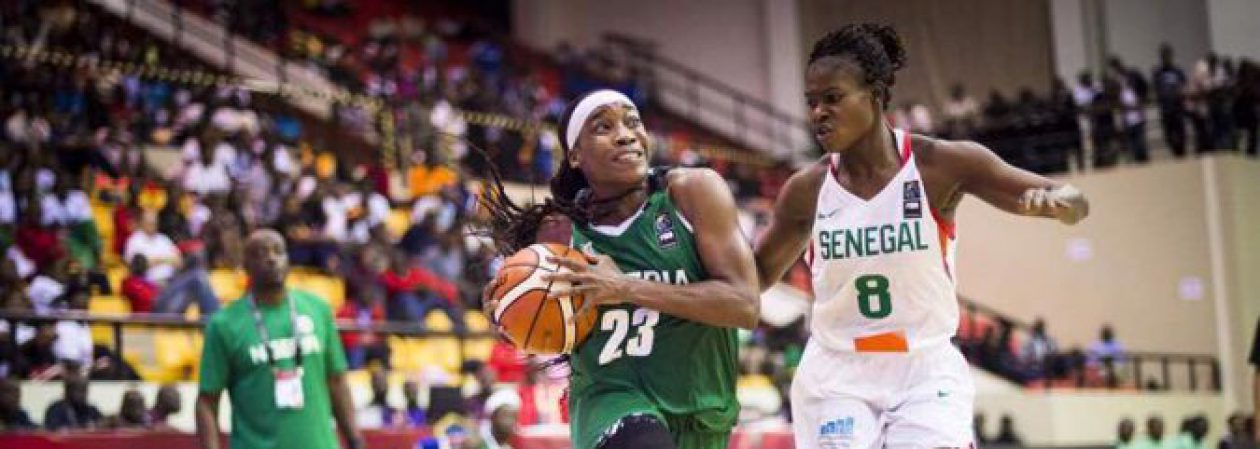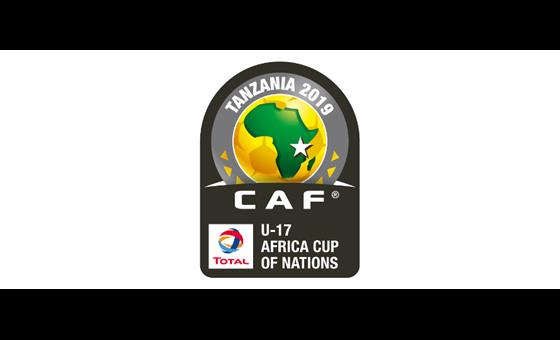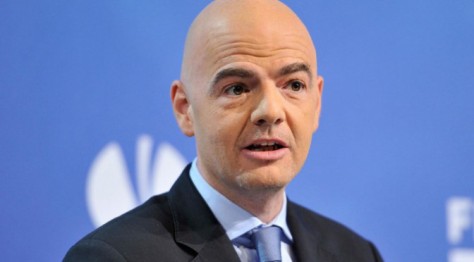The qualifiers for the U-17 Africa Cup of Nations will for the first time be played on a zonal basis (regional), to determine the seven teams to join host Tanzania for next year’s final tournament.
The decision, one of the key elements among the resolutions of the first ever CAF African Football Symposium in July 2017 in Rabat (Morocco), was approved by the CAF Executive Committee.
The new format is expected to increase participation at the level of teams in the qualifiers, enhanced exposure and competitiveness by getting all involved. Since 1995, an average of 30 teams engaged in the qualifiers, representing about 54 per cent of the CAF membership.
“The response has been great. A total of 49 Member Associations, have confirmed their participation, which is a record compared to the previous years. We will get to see teams that never participated and rarely made an impact at the youth level,” said CAF General Secretary Amr Fahmy.
Each of the six Zonal Unions (CECAFA, COSAFA, UNAF, UNIFFAC, WAFU A, WAFU B) will organise their regional qualifiers featuring teams from the zone. UEFA, through its UEFA ASSIST programme, is supporting the qualifiers.
From mid-July to September, the qualifiers will take off from Mauritius (COSAFA), through Equatorial Guinea (UNIFFAC), Tanzania (CECAFA), Tunisia (UNAF), Senegal (WAFU A) before terminating in Niger (WAFU B).

“The U-17 is the nursery of our competitions and every eligible player must be given the opportunity to participate. We have been preparing for the past months in the areas of logistics, organisation and infrastructure, and I can confidently say, we are ready for the kick off,” he added.
The winner of each zonal competition qualifies for the final tournament, with the exception of the zone of the previous winner, entitled to two slots. Since Mali won the title in 2017, WAFU A will qualify two teams.
Meanwhile, all players selected for the tournament are expected to undergo mandatory Magnetic Resonance Imaging (MRI) to determine their eligibility to participate.
In addition, all matches will be streamed live on the CAF website and the digital platforms (Youtube, Facebook, Twitter).




You must be logged in to post a comment.